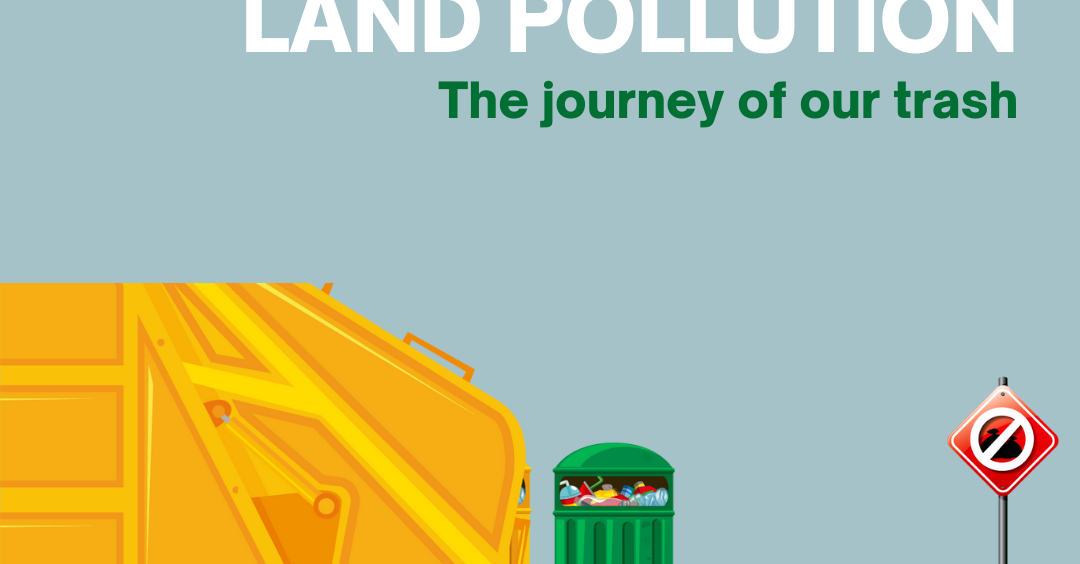In a world where the trajectory of progress hangs in the balance, the imperative to instill values of sustainable development in the younger generation cannot be overstated. As stewards of the future, children must be nurtured with a deep-seated understanding of environmental responsibility, compassion towards one another, and a commitment to decisions that promote the well-being of our planet. Yet, amid the din of political agendas, economic priorities, and societal concerns, environmental issues often languish on the periphery, particularly in developing nations like Kosovo.
A cursory glance at our streets reveals a troubling reality: a pervasive culture of neglect, apathy, and disregard for the natural world. It is disheartening to witness the absence of reverence and care for our environment within Kosovan society, a symptom rooted in a lack of environmental education, particularly from an early age. Indeed, the seeds of environmental stewardship must be sown in childhood, nurtured through immersive educational experiences that foster a profound connection with nature.
Regrettably, the current educational landscape in Kosovo falls short in providing children with meaningful opportunities for hands-on engagement with the environment outside the confines of traditional classrooms. Yet, we must recognize that the decisions made by today’s children will reverberate far beyond their own lifetimes, shaping the destiny of future generations. Therefore, it is incumbent upon us to equip them with the knowledge, skills, and values necessary to navigate the complexities of our changing world responsibly.
Addressing the existential threat of climate change requires a concerted effort to imbue our youth with a keen awareness of the consequences of environmental neglect. By cultivating a generation whose consciousness is intrinsically tied to environmental preservation, we pave the way for the emergence of leaders who will champion policies and initiatives that prioritize sustainable development and safeguard the planet for generations to come.
Central to this endeavor is the recognition that environmental education is not a luxury but a necessity. By integrating environmental literacy into the fabric of our educational system, we can empower children to become active agents of change, equipped with the knowledge and skills to address pressing environmental challenges. This includes fostering critical thinking, problem-solving abilities, and a sense of personal responsibility towards the planet.
Furthermore, extracurricular activities and community engagement play a crucial role in enriching children’s understanding of the environment. Whether through nature walks, gardening projects, or participation in eco-clubs, these experiences offer invaluable opportunities for hands-on learning and direct interaction with the natural world. By fostering a sense of wonder and curiosity about their surroundings, we can instill a deep appreciation for the beauty and complexity of nature in the hearts of our youth.
Moreover, empowering children to become environmental advocates requires a multi-faceted approach that involves not only education but also policy reform, community outreach, and public awareness campaigns. By rallying support from stakeholders across sectors, we can create a conducive environment for environmental education to thrive, ensuring that it becomes an integral part of our collective consciousness and societal values.
Ultimately, the success of our efforts to raise environmentally conscious generations hinges on our ability to inspire and mobilize individuals, communities, and institutions towards a shared vision of sustainability and stewardship. By investing in the education and empowerment of our youth today, we lay the groundwork for a brighter, greener future for all.


